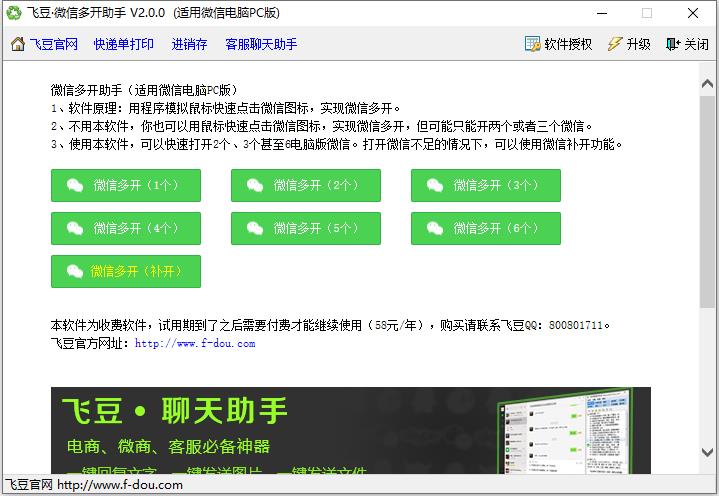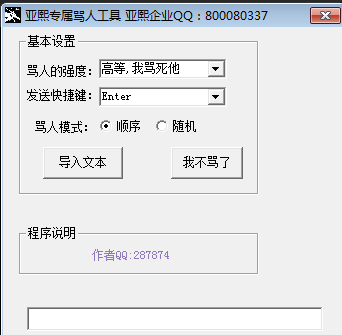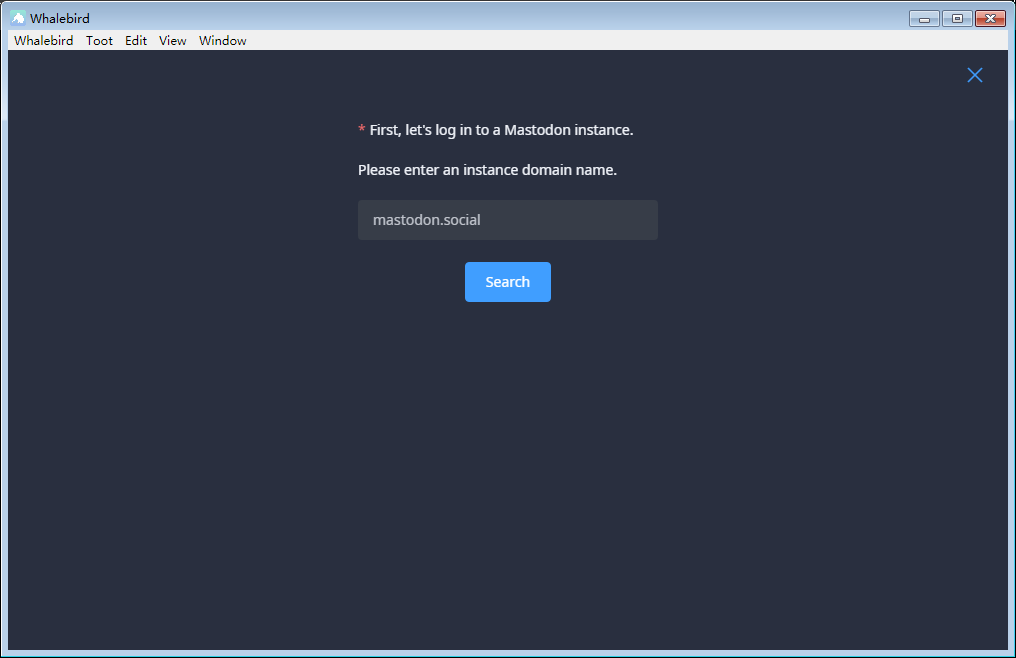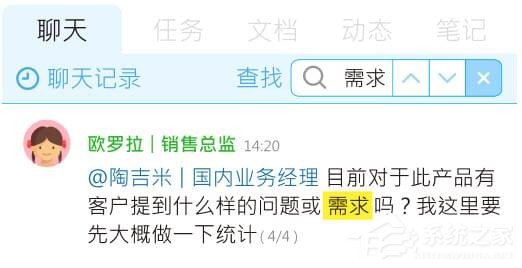常用SQL收藏
时间:2022-03-15 08:24
原文:
MSSQL Split表字段
--拆分字符串之后匹配结果集合
CREATE FUNCTION [dbo].[fnSplit](
@sInputList VARCHAR(8000) -- List of delimited items
, @sDelimiter VARCHAR(8000) = ‘,‘ -- delimiter that separates items
) RETURNS @List TABLE (item VARCHAR(8000))
BEGIN
DECLARE @sItem VARCHAR(8000)
WHILE CHARINDEX(@sDelimiter,@sInputList,0) <> 0
BEGIN
SELECT
@sItem=RTRIM(LTRIM(SUBSTRING(@sInputList,1,CHARINDEX(@sDelimiter,@sInputList,0)-1))),
@sInputList=RTRIM(LTRIM(SUBSTRING(@sInputList,CHARINDEX(@sDelimiter,@sInputList,0)+LEN(@sDelimiter),LEN(@sInputList))))
IF LEN(@sItem) > 0
INSERT INTO @List SELECT @sItem
END
IF LEN(@sInputList) > 0
INSERT INTO @List SELECT @sInputList -- Put the last item in
RETURN
END
----------------------使用方法
if object_id(‘tempdb..#Tmp‘) is not null
drop table #Tmp
create table #Tmp --创建临时表#Tmp
(
ID VARCHAR(100)
);
DECLARE @iid VARCHAR(100)
declare @name varchar(500)
declare cursor1 cursor for --定义游标cursor1
select iid,props from Iteminfos --使用游标的对象
open cursor1 --打开游标
fetch next from cursor1 into @iid,@name --将游标向下移1行,获取的数据放入之前定义的变量@iid,@name中
while @@fetch_status=0 --判断是否成功获取数据
begin
IF((select COUNT(*) FROM fnSplit(@name, ‘;‘) WHERE item = ‘20000:20090‘)>0)
INSERT INTO #Tmp (ID) VALUES (@iid)
fetch next from cursor1 into @iid,@name --将游标向下移1行
end
close cursor1 --关闭游标
deallocate cursor1
SELECT * FROM dbo.Iteminfos WHERE iid IN( SELECT ID FROM #Tmp)
查询节点的函数
create table tb(id varchar(3) , pid varchar(3) , name varchar(10)) insert into tb values(‘001‘ , null , ‘广东省‘) insert into tb values(‘002‘ , ‘001‘ , ‘广州市‘) insert into tb values(‘003‘ , ‘001‘ , ‘深圳市‘) insert into tb values(‘004‘ , ‘002‘ , ‘天河区‘) insert into tb values(‘005‘ , ‘003‘ , ‘罗湖区‘) insert into tb values(‘006‘ , ‘003‘ , ‘福田区‘) insert into tb values(‘007‘ , ‘003‘ , ‘宝安区‘) insert into tb values(‘008‘ , ‘007‘ , ‘西乡镇‘) insert into tb values(‘009‘ , ‘007‘ , ‘龙华镇‘) insert into tb values(‘010‘ , ‘007‘ , ‘松岗镇‘) go -------------创建方法 create function f_cid(@ID varchar(3)) returns @t_level table(id varchar(3) , level int) as begin declare @level int set @level = 1 insert into @t_level select @id , @level while @@ROWCOUNT > 0 begin set @level = @level + 1 insert into @t_level select a.id , @level from tb a , @t_Level b where a.pid = b.id and b.level = @level - 1 end return END GO --------------使用方法 select a.* from tb a , f_cid(‘001‘) b where a.id = b.id order by a.id --------------调用函数查询(广州市)及其所有子节点 select a.* from tb a , f_cid(‘002‘) b where a.id = b.id order by a.id
Exists,Datediff,Newid,
---两张关联表,删除主表中已经在副表中没有的信息 delete from table1 where not exists ( select * from table2 where table1.field1=table2.field1 ) ---日程安排提前五分钟提醒 SQL: select * from 日程安排 where datediff(‘minute‘,f开始时间,getdate())>5 ---随机取出10条数据 select top 10 * from tablename order by newid() -- 类似有 month day year select * from table1 where convert(varchar,date,120) like ‘2006-04-01%‘ --datediff select * from table1 where datediff(day,time,‘2006-4-1‘)=0
删除重复值
--1、查找表中多余的重复记录,重复记录是根据单个字段(peopleId)来判断
select * from people
where peopleId in (select peopleId from people group by peopleId having count(peopleId) > 1)
--2、删除表中多余的重复记录,重复记录是根据单个字段(peopleId)来判断,只留有rowid最小的记录
delete from people
where peopleId in (select peopleId from people group by peopleId having count(peopleId) > 1)
and rowid not in (select min(rowid) from people group by peopleId having count(peopleId )>1)
--3、查找表中多余的重复记录(多个字段)
select * from vitae a
where (a.peopleId,a.seq) in (select peopleId,seq from vitae group by peopleId,seq having count(*) > 1)
--4、删除表中多余的重复记录(多个字段),只留有rowid最小的记录
delete from vitae a
where (a.peopleId,a.seq) in (select peopleId,seq from vitae group by peopleId,seq having count(*) > 1)
and rowid not in (select min(rowid) from vitae group by peopleId,seq having count(*)>1)
--5、查找表中多余的重复记录(多个字段),不包含rowid最小的记录
select * from vitae a
where (a.peopleId,a.seq) in (select peopleId,seq from vitae group by peopleId,seq having count(*) > 1)
and rowid not in (select min(rowid) from vitae group by peopleId,seq having count(*)>1)
--经典尝试 删除重复值
declare @table table (id int,name nvarchar(10))
insert into @table select 1,‘aa‘
union all select 1,‘aa‘
union all select 2,‘bb‘
union all select 3,‘bb‘
union all select 4,‘cc‘
union all select 1,‘aa‘
union all select 4,‘cc‘
delete a
from (
select id,name,rn = row_number() over (partition by id,name order by id) from @table
) a where rn > 1
select * from @table
id name
----------- ----------
1 aa
2 bb
3 bb
4 cc
(4 row(s) affected)
常用日期转换参数
select CONVERT(varchar, getdate(), 120 ) --结果 2004-09-12 11:06:08 select replace(replace(replace(CONVERT(varchar, getdate(), 120 ),‘-‘,‘‘),‘ ‘,‘‘),‘:‘,‘‘) --结果 20040912110608 select CONVERT(varchar(12) , getdate(), 111 ) --结果 2004/09/12 select CONVERT(varchar(12) , getdate(), 112 ) --结果 20040912 select CONVERT(varchar(12) , getdate(), 102 ) --结果 2004.09.12
行转列
create table tb(姓名varchar(10) , 课程varchar(10) , 分数int) insert into tb values(‘张三‘ , ‘语文‘ , 74) insert into tb values(‘张三‘ , ‘数学‘ , 83) insert into tb values(‘张三‘ , ‘物理‘ , 93) insert into tb values(‘李四‘ , ‘语文‘ , 74) insert into tb values(‘李四‘ , ‘数学‘ , 84) insert into tb values(‘李四‘ , ‘物理‘ , 94) go select 姓名 as 姓名, max(case 课程 when ‘语文‘ then 分数 else 0 end) 语文, max(case 课程 when ‘数学‘ then 分数 else 0 end) 数学, max(case 课程 when ‘物理‘ then 分数 else 0 end) 物理, cast(avg(分数*1.0) as decimal(18,2)) 平均分, sum(分数) 总分 from tb group by 姓名 --SQL SERVER 2000 动态SQL。 declare @sql varchar(8000) set @sql = ‘select 姓名 ‘ select @sql = @sql + ‘ , max(case 课程 when ‘‘‘ + 课程 + ‘‘‘ then 分数 else 0 end) [‘ + 课程 + ‘]‘ from (select distinct 课程 from tb) as a set @sql = @sql + ‘ , cast(avg(分数*1.0) as decimal(18,2)) 平均分, sum(分数) 总分 from tb group by 姓名‘ exec(@sql) --姓名 数学 物理 语文 平均分 总分 --李四 84 94 74 84.00 252 --张三 83 93 74 83.33 250
通过子节点ID得到所有父节点
ALTER function [dbo].[f_cid](@id int)
returns @t table(id int,[name] varchar(30),parentid int,lev int)
as
begin
declare @lev int
set @lev=1
insert into @t SELECT cid,name,parent_cid,@lev from TB_ItemCats where cid=@id
while(@@rowcount>0)
begin
set @lev=@lev+1
insert into @t select a.cid,a.name,a.parent_cid,@lev from TB_ItemCats a,@t b
where a.cid=b.parentid and b.lev=@lev-1 AND a.cid NOT IN (select b.id from @t)
end
return
END
123
3232
123
3232
123
3232
123
3232
123
3232
123
3232
123
3232
123
3232
123
3232
123
3232
123
3232



























